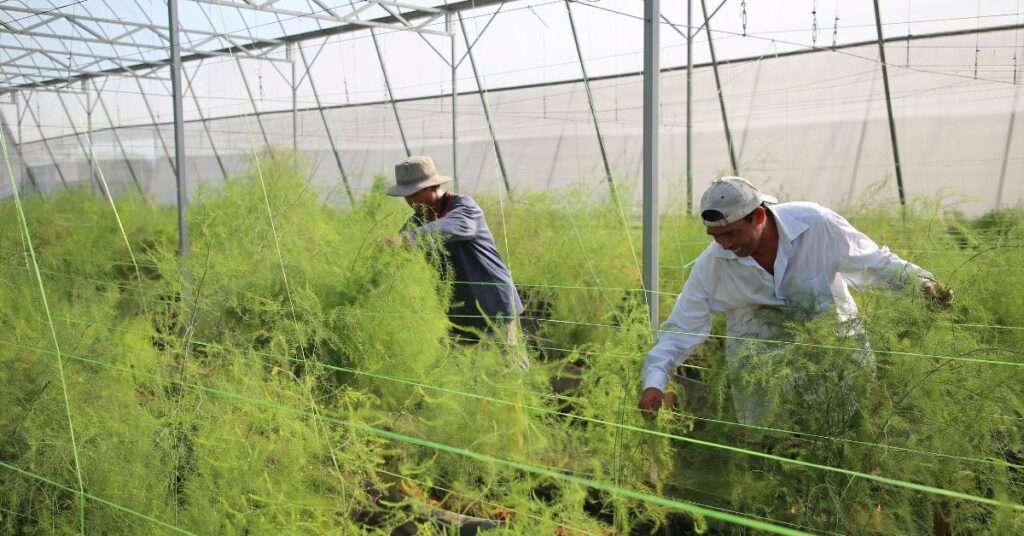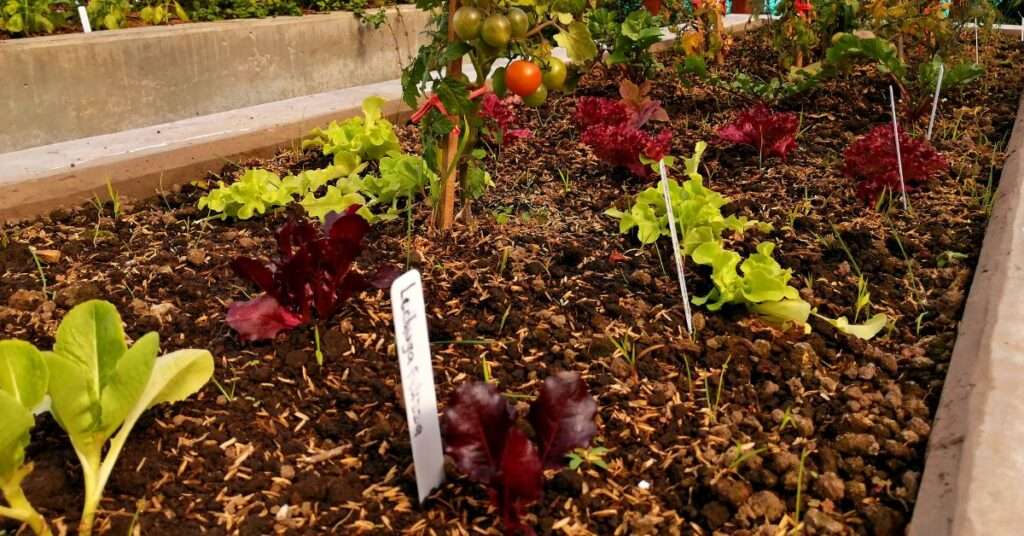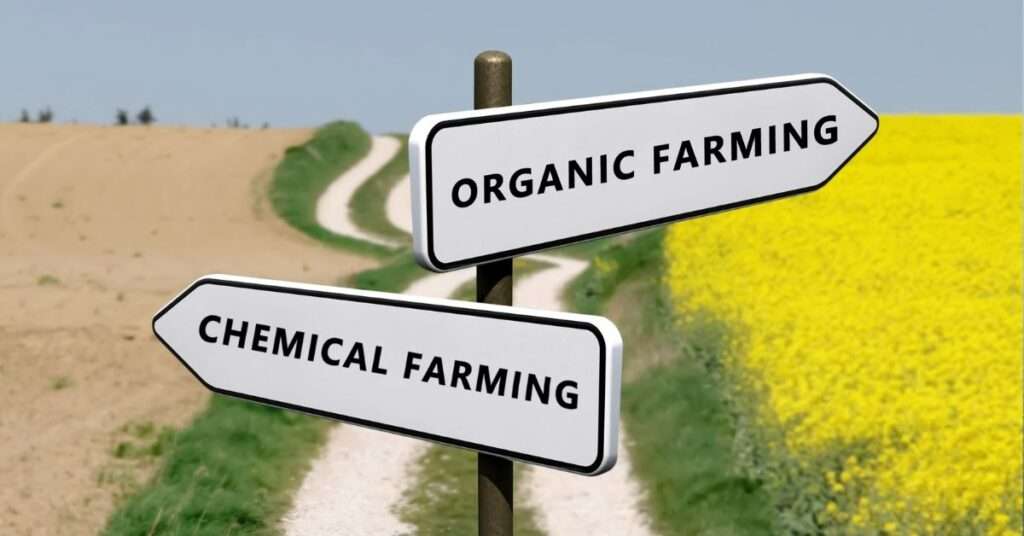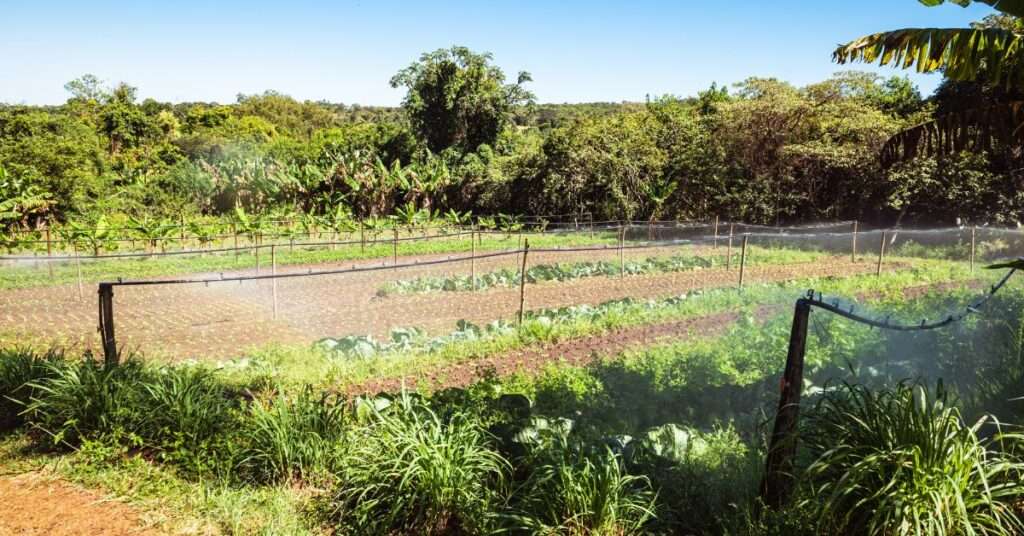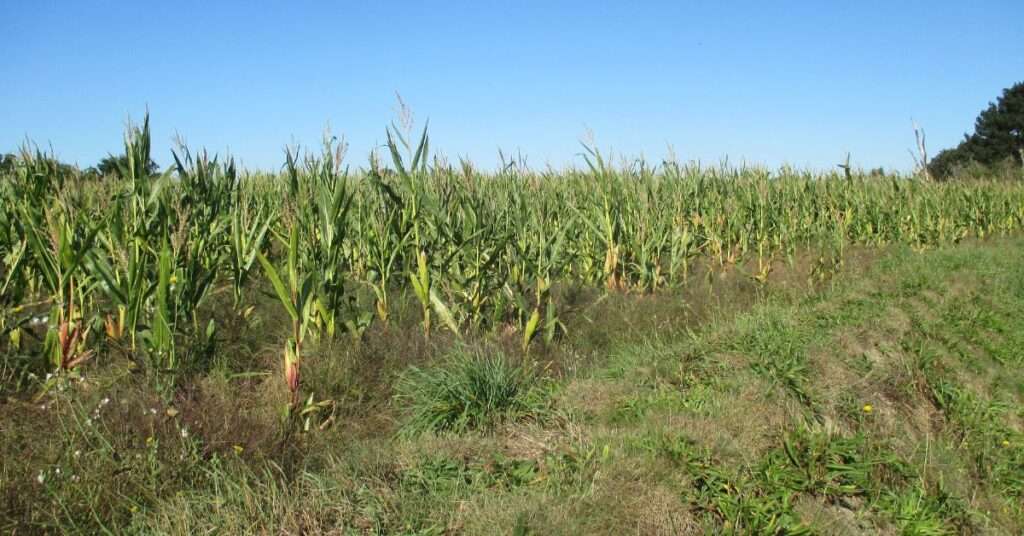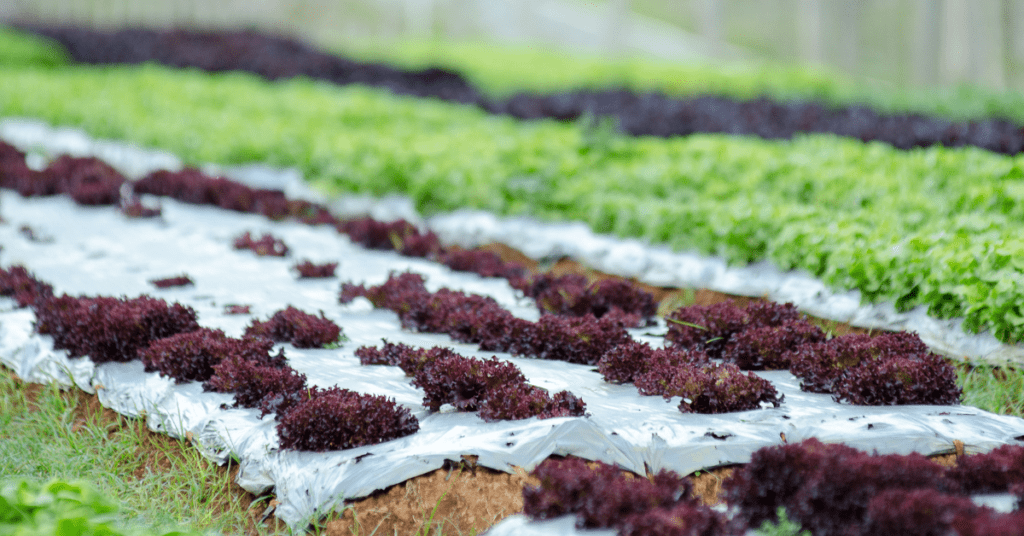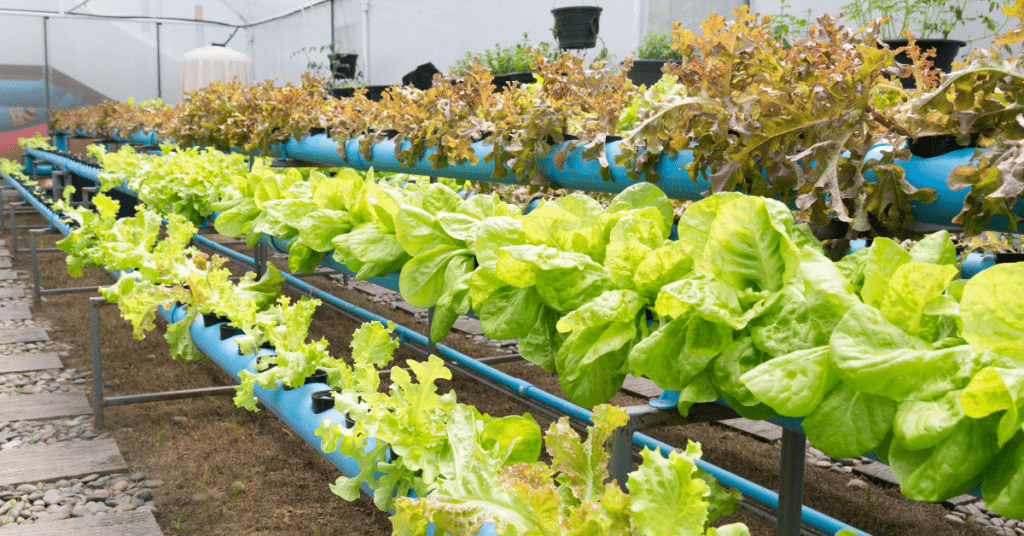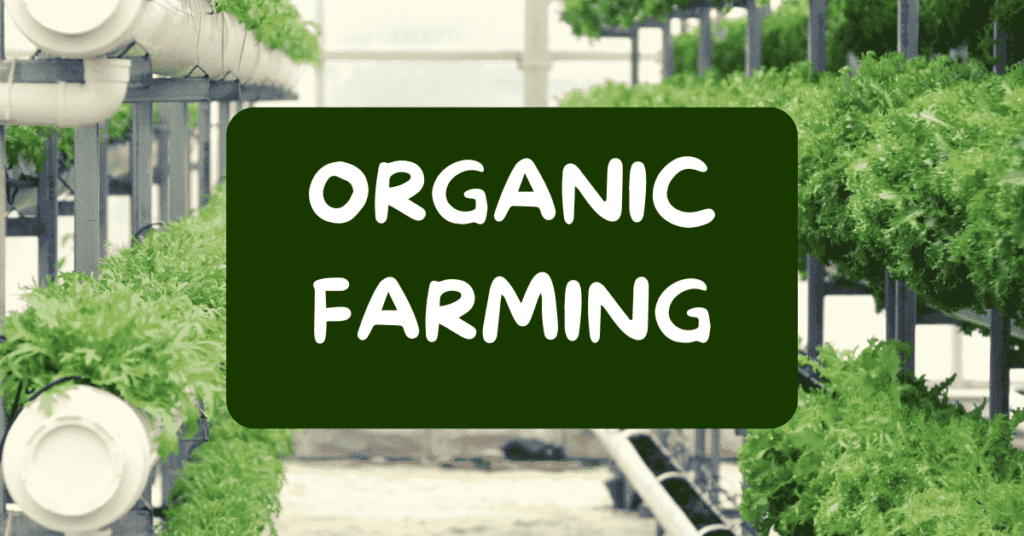Organic Farming Practices in Rajasthan
Rajasthan, a state known for its arid climate and rich cultural heritage, is also emerging as a hub for organic farming. This sustainable agricultural practice is gaining popularity due to its environmental benefits, health advantages, and economic opportunities. In this blog, we will explore the various organic farming practices adopted in Rajasthan and their impact on the region. What is Organic Farming? Organic farming is a method of agriculture that emphasizes the use of natural resources and avoids the use of synthetic chemicals, such as pesticides, herbicides, and fertilizers. It prioritizes soil health, biodiversity, and ecological balance while producing high-quality, nutritious food. Why Organic Farming in Rajasthan? Rajasthan, with its diverse landscapes and varying climatic conditions, presents unique challenges and opportunities for organic farming. Some of the key reasons for promoting organic farming in the state include: Environmental Benefits: Organic farming helps protect the environment by reducing soil erosion, conserving water resources, and promoting biodiversity. It also helps mitigate climate change by sequestering carbon in the soil. Health Benefits: Organic food is generally considered healthier as it is free from harmful synthetic chemicals. It can provide essential nutrients and contribute to overall well-being. Economic Opportunities: Organic farming can create new economic opportunities for farmers, especially in rural areas. It can increase their income and improve their livelihoods. Preservation of Traditional Knowledge: Organic farming often involves traditional agricultural practices that have been passed down through generations. It helps preserve valuable knowledge and skills. Organic Farming Practices in Rajasthan Rajasthan has witnessed a significant growth in organic farming in recent years. Some of the common organic farming practices adopted in the state include: Crop Rotation: This practice involves growing different crops in the same field in rotation to improve soil fertility, reduce pest and disease pressure, and maintain biodiversity. Intercropping: Planting multiple crops together in the same field can enhance soil health, attract beneficial insects, and increase productivity. Green Manure: Using plant residues as a natural fertilizer can improve soil fertility and reduce the need for synthetic fertilizers. Biodynamic Farming: A holistic approach to agriculture that emphasizes the use of biodynamic preparations and considers the spiritual and energetic aspects of farming. Organic Livestock Farming: Raising livestock without the use of hormones, antibiotics, or genetically engineered feed. Organic Dairy Farming: Producing milk and dairy products from organically raised cows. Challenges and Opportunities While organic farming offers numerous benefits, it also faces several challenges in Rajasthan, such as: Water Scarcity: Rajasthan is a drought-prone region, and water scarcity can be a major constraint for organic farmers. Soil Degradation: Years of intensive agriculture have led to soil degradation in many parts of Rajasthan. Market Access: Finding suitable markets for organic produce can be challenging, especially in rural areas. However, there are also significant opportunities for organic farming in Rajasthan. The state’s diverse climate and rich biodiversity can support a wide range of organic crops. Moreover, there is increasing consumer demand for organic products, both domestically and internationally. Conclusion Organic farming is a promising approach to sustainable agriculture in Rajasthan. By adopting organic practices, farmers can contribute to environmental protection, improve their livelihoods, and produce high-quality, nutritious food. As the demand for organic products continues to grow, it is essential to support and promote organic farming in Rajasthan.

